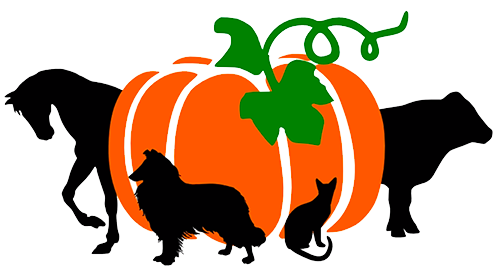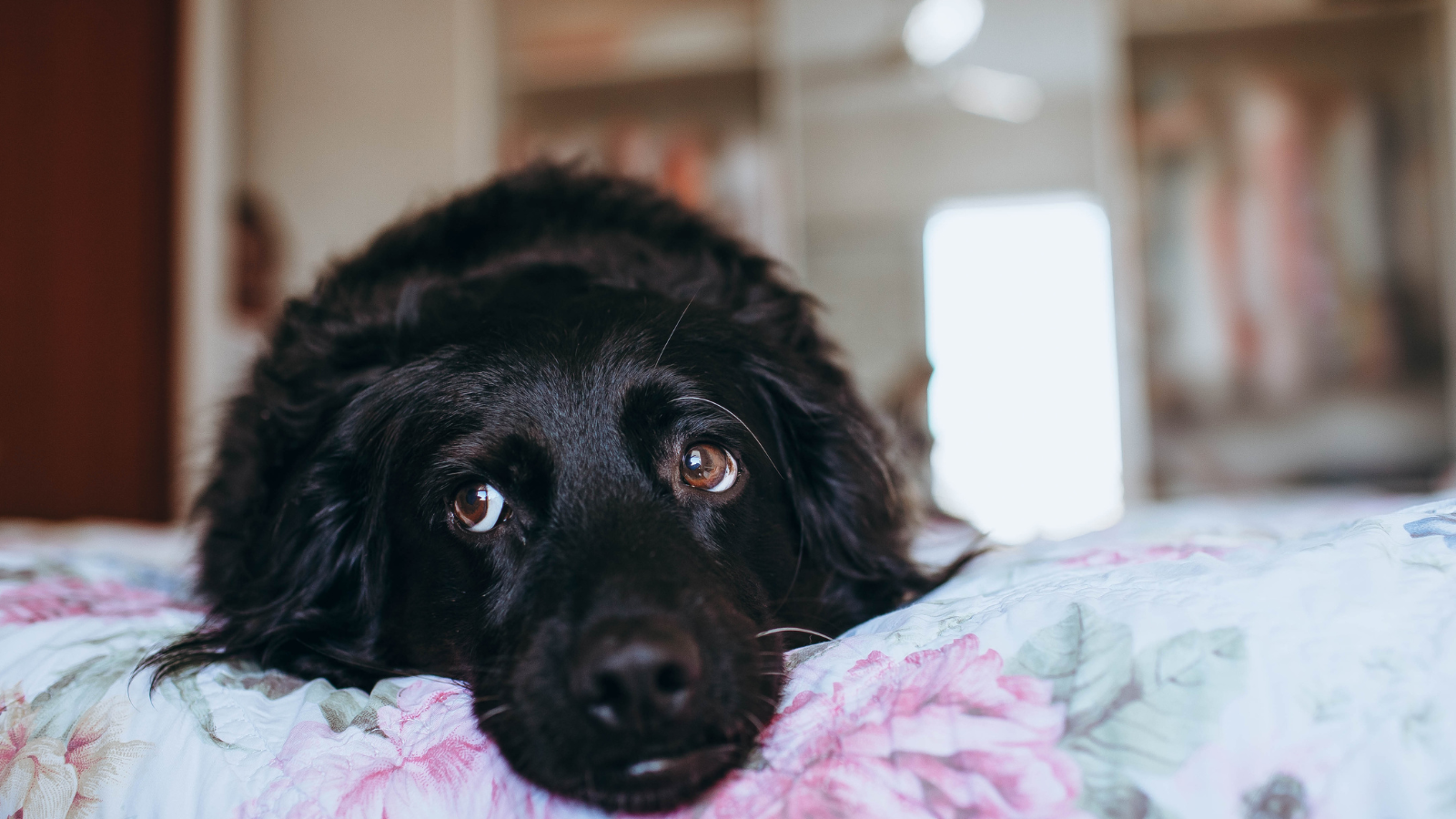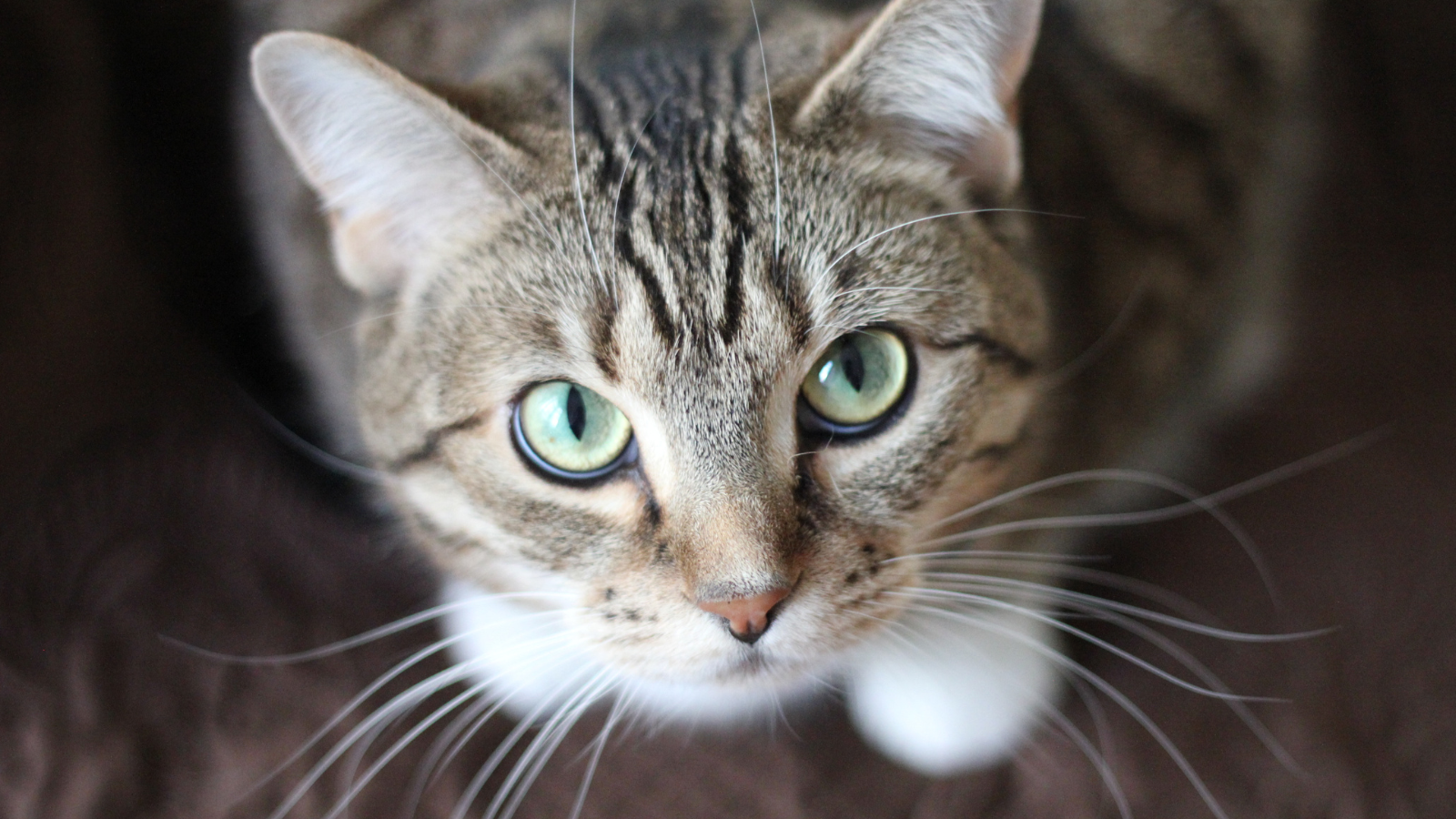Your home is your pet’s sanctuary, but it can also be a source of hidden dangers. Each room may contain everyday items that are harmless to humans (or not dangerous in small amounts) but toxic to pets. March is Pet Poison Prevention Month, the perfect time to assess every corner of your home for potential hazards. Pumpkin Hill Veterinary Clinic has this guide to help local pet families safeguard their homes and prevent accidental pet poisoning.
What Might Be Toxic to Pets in the Kitchen?
The kitchen is often the biggest risk zone for pets getting poisoned. Foods like chocolate, onions, grapes, garlic, and xylitol can be deadly for pets. Alcohol and caffeine can cause vomiting and diarrhea, and even be deadly. Plastic food wrappers and tin foil may be attractive but dangerous if swallowed, as they can get stuck in the throat, stomach, or digestive tract. Cleaning products stored under the sink can cause severe internal damage.
Poisonous Items for Pets in Other Rooms
The Bathroom
- Prescription and over-the-counter medications are a top source of pet poisonings.
- Toilet bowl cleaners can be harmful if pets drink from the bowl.
- Essential oils, cosmetics, and hair products may cause vomiting or bodily issues.
The Bedroom and Additional Rooms
- Potpourri and scented candles can be toxic if licked or chewed.
- Certain houseplants are dangerous to cats and dogs.
- Batteries and remote controls may be chewed, leading to burns or blockages
- Loose medications or supplements left on nightstands are an easy target
- Laundry pods and bleach can cause skin irritation, vomiting, or respiratory distress.
Toxic Items for Pets in Garages and Utility Spaces
Some of the most potent pet toxins are stored out of sight. Antifreeze and motor oil are highly appealing and lethal to pets. Rodenticides and insecticides pose a deadly threat to curious pets. Old traps or bait left behind in corners may still pose a risk. Paints, glues, and solvents may cause tremors or organ damage. Stored foods and seeds can spoil and become moldy, leading to poisoning.
How to Pet-Proof Your Home Against Poisons
- Store all chemicals and medications in secure, high cabinets.
- Use childproof latches on lower cabinets.
- Know which plants are toxic and opt for pet-safe alternatives.
- Keep human food out of reach and avoid feeding table scraps.
- Clean up spills immediately, especially antifreeze or chemicals.
If your pet does happen to ingest a toxic substance, reach out to a veterinarian who provides urgent care services or, if it is after hours, a 24-hour animal ER. You can also call a hotline, like the Pet Poison Helpline or ASPCA Poison Control. There is a fee for calling, but a pet poison professional will assess your pet’s situation over the phone, explain next steps, and direct you to an emergency veterinary facility if necessary.
Urgent Care for Poisoned Pets in Byron, NY
Creating a poison-safe home starts with awareness. By reviewing each room and eliminating hazards, you give your pets the safe life they deserve. March is Pet Poison Prevention Month. It’s an ideal time to make meaningful changes. If your pet is exposed to a toxin, Pumpkin Hill Veterinary Clinic provides daytime urgent care in Byron for pets from Byron, Batavia, Brockport, Rochester, and neighboring New York communities. Call us if your pet needs care.






